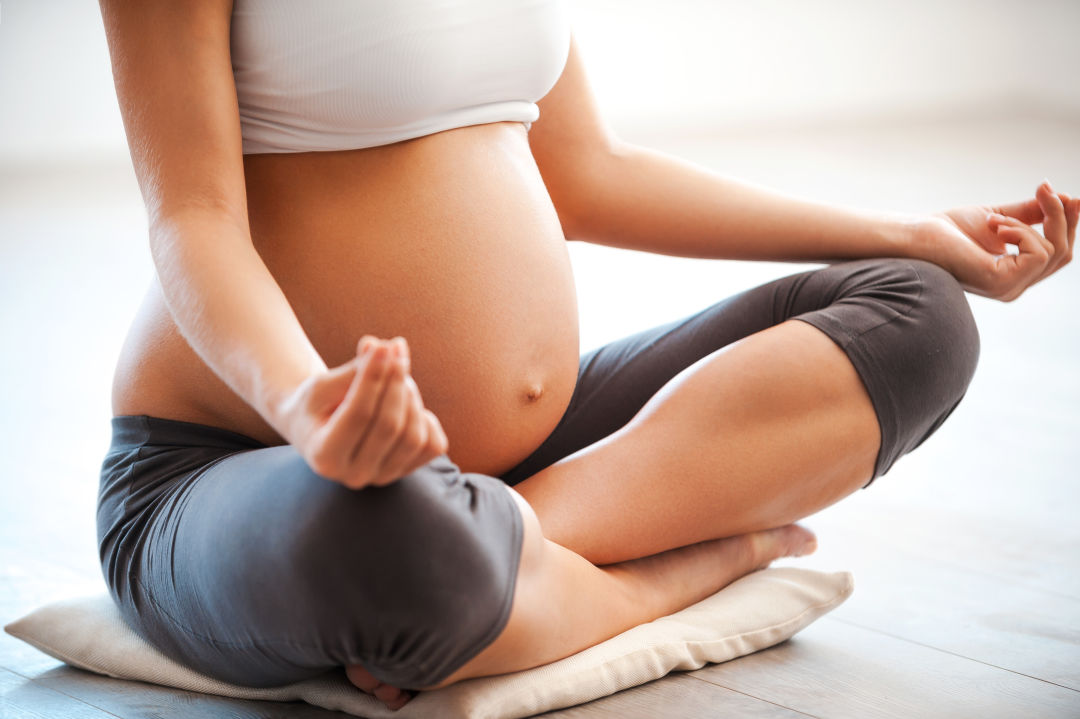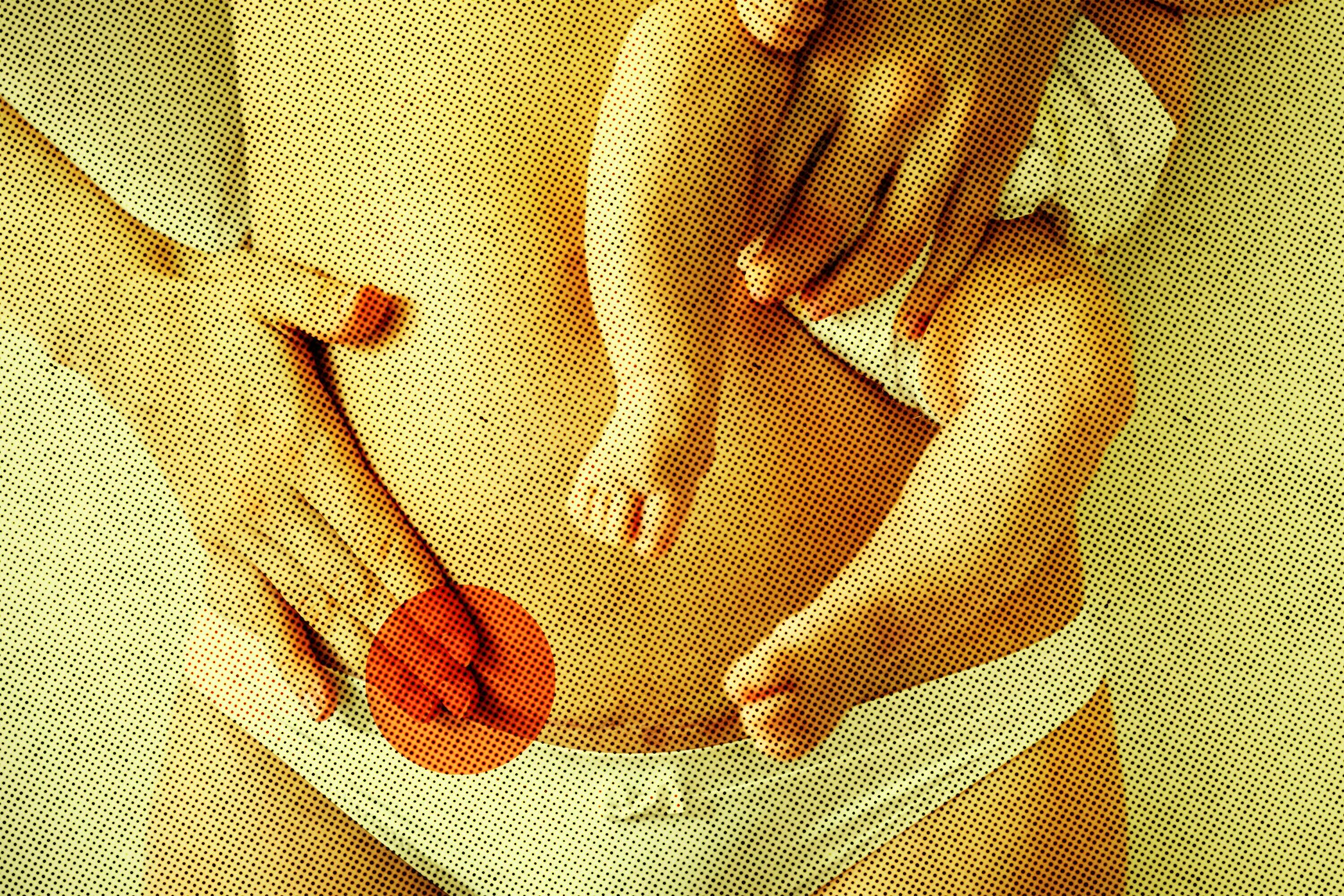Exercise Is Essential for Prenatal and Postpartum Health

Image: Shutterstock/G-Stock Studio
Sarasota-Manatee is attracting new, young families to the area—and with that comes new and expecting mothers. An prenatal and postpartum women are in need of resources to stay healthy, active and connected to support.
Sarasota personal trainer Liya Naidorf is working to create a space just for them. A pregnant mom herself, Naidorf knows the importance of the physical, mental and social role exercise has during and after pregnancy. She works with local gym CoreSRQ to provide weekly exercise classes to moms at The Bay Park Conservancy.
Naidorf, who specializes in prenatal and postpartum training, shares the benefits of exercise during pregnancy and how to make sure you and your baby stay safe when working out.
What are the physical benefits of postpartum exercise?
Naidorf says physical exercise can help strengthen muscles and avoid back pain when carrying the baby. You can also strengthen postural muscles and avoid unnecessary weight gain post-birth. Exercising can help balance appetite, strengthen pelvic floor muscles and put joints, muscles and ligaments back into correct length and tension after going through labor.
"Exercise also helps reverse and treat issues like diastasic recti [separation of the abdominal wall] caused from pregnancy and labor," says Naidorf. "Depending on your level of fitness prior to getting pregnant and during pregnancy, your body will need some time to adjust and heal."
Are there any mental health benefits?
Exercising can increase energy levels and productivity, improve sleep quality and increase relaxation hormones, thereby reducing stress levels. Exercise can also help fight off symptoms of postpartum depression, a common challenge new mothers face.
"Postpartum depression can be managed when engaging in activities that give you a sense of your own being, or feeling like you still have control over your body," says Naidorf. "You are in charge of the positive changes within it. It's important to feel like the workout is for body and mind." (If you are experiencing symptoms of postpartum depression, speak to your physician immediately.)
She adds the exercising in front of your baby will help them learn lifelong healthy habits, and exercising in a mom's group can help with socialization and emotional support post-birth.
"These groups are not just for exercising, but for sharing your struggles with other moms who understand, and working to find solutions," Naidorf says.
What are the benefits of exercising while pregnant?
Twenty years ago, doctors would instill fear in pregnant women when it came to exercise, Niadorf says. But now there is evidence proving that exercising up until the day you deliver, if your health allows, is the most beneficial thing you can do.
With exercise, you can shorten labor time and make it easier on the body. You can reduce the need for medication during pregnancy and labor and reduce the risk of gestational diabetes. "Exercising improves insulin sensitivity," Naidorf explains.
"Working out pushes glucose molecules to the muscle cells instead of storing fat," she says. "While gestational diabetes can happen to any woman, it can be easily managed with proper diet and exercise." Babies born to mothers with gestational diabetes have a 50 percent higher chance of developing diabetes before age 22.
Additionally, exercising while pregnant can also support aching joints, strengthen the abs, diaphragm and pelvic muscles, and keeps skin free of stretch marks. Other benefits include reduction of nausea, better sleep, increased energy and immune system support.
What are safe vs. unsafe exercises to do while pregnant?
A great rule of thumb is to continue to do whatever you did before pregnancy, but at a slower pace and lower intensity, Naidorf says. She advises mixing resistance training with low-impact exercises like yoga or water aerobics. She also suggests consulting a personal trainer with experience in prenatal work. Here are her list of do's and don'ts:
Do's:
- Low weights and light resistance
- Squats
- Deadlifts
- Lunges
- Glute and hamstring exercises
- Upper body work
- Planks and free weights
- Balance drills
Don'ts:
- Abdominal exercises that create a lot of pressure, such as leg presses on the machine.
- Crunches or leg/knee lifts, which put too much load on the spine.
- Intense side to side agility drills. Stop once you are in the second trimester.
- Laying on your belly. Stop once you are in the second trimester or if you're starting to show.
How can moms stay motivated to exercise?
Naidorf suggests having friends that can be accountability partners; joining a mom's fitness group; practicing self-awareness by noticing any negative self talk and replacing it with positive affirmations; purchasing fun maternity workout clothes and gear; writing down two to three realistic goals you wish to accomplish; and nourishing your body with whole foods.
"If you stick to the reasons you wanted to exercise in the first place—whether that's to have an easy labor, relieve pain or heal faster—you're more likely to keep going," Naidorf adds.
She also recommends following moms on social media who provide motivation and inspiration.
Where can you find prenatal and postpartum resources?
Naidorf is working on a community program through CoreSRQ Palmer Ranch where women can receive comprehensive pregnancy and postpartum health education. The program will offer workouts combined with nutrition consultations, mental preparation for labor and beyond, meditation classes and workshops.
"Sarasota has found a way to accommodate the needs of the older communities, but there's younger people and families moving here that need resources like ours," says Naidorf. "This is a safe and controlled environment where each mom can take things at their own pace."
CoreSRQ at The Bay: Moving Moms class is held every Thursday morning at 8 a.m. at 801 N. Tamiami Trail, Sarasota. For more information, click here. For more prenatal and postpartum resource, visit Naidorf's YouTube channel, Resilient Fertility.



